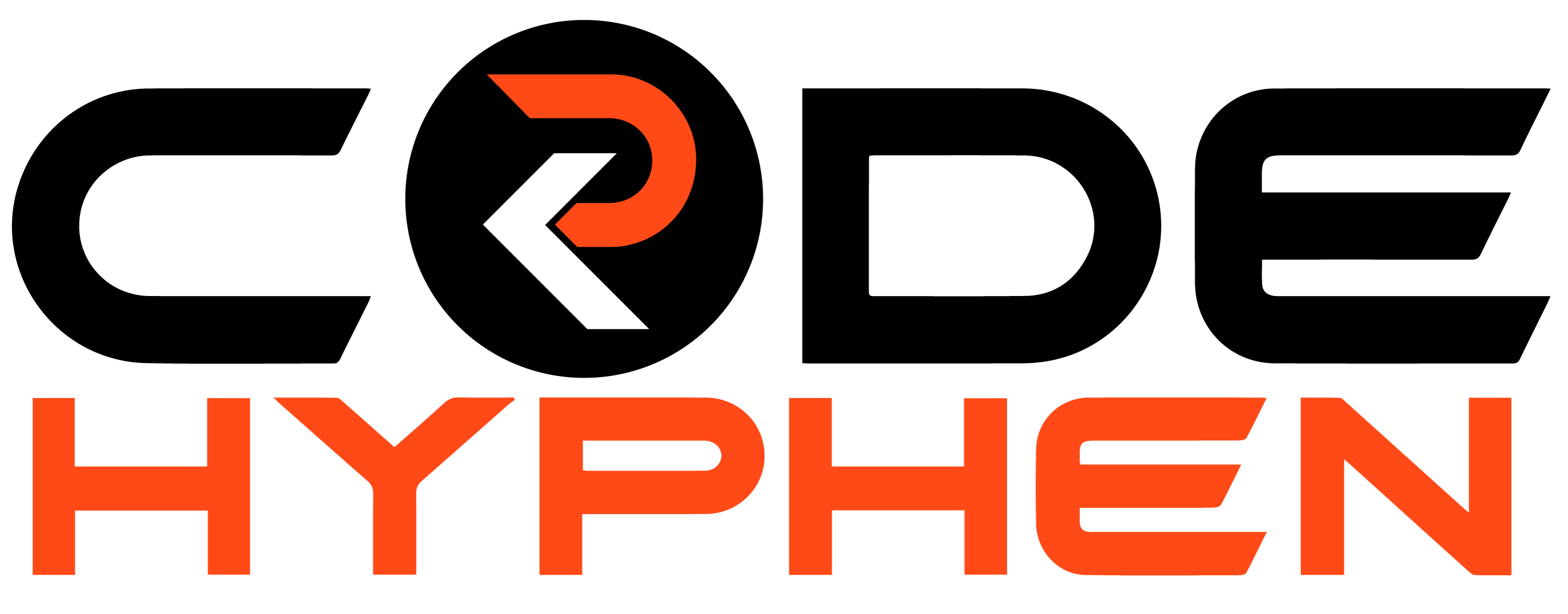
CRM & ERP Sotfwere Development Agency in jaipur
Customer Relationship Management (CRM) and Enterprise Resource Planning (ERP) software are essential tools for businesses to manage and optimize their operations, improve customer relationships, and drive growth. While both CRM and ERP software serve distinct purposes, they are often integrated to provide a comprehensive solution for managing various aspects of business operations.
Integration of CRM and ERP
While CRM and ERP software serve different functions, they are often integrated to provide a comprehensive solution for managing all aspects of business operations. Integrating CRM with ERP allows businesses to streamline processes, improve data visibility and accessibility, and enhance collaboration between sales, marketing, finance, and operations teams.
CRM and ERP software often offer customization options to tailor the software to the specific needs and workflows of a business. This may include customizing fields, forms, workflows, reports, and dashboards to match the unique requirements of different departments or industries. Additionally,
CRM and ERP software can be deployed using various methods, including on-premises, cloud-based, or hybrid models. On-premises deployment involves installing and managing the software on the company’s own servers and infrastructure. Cloud-based deployment, on the other hand, involves accessing the software over the internet through a subscription-based service, with the software hosted and maintained by the vendor.
Customer Relationship Management
Customer Relationship Management (CRM) refers to the strategies, practices, and technologies that businesses use to manage and analyze interactions with current and potential customers. The primary goal of CRM is to improve customer satisfaction, enhance customer loyalty, and drive business growth by providing personalized and seamless experiences across various touchpoints.
CRM involves capturing, storing, and organizing customer data, including contact information, communication history, purchase behavior, preferences, and interactions across different channels such as email, phone calls, social media, and websites. Centralizing customer data in a CRM system allows businesses to gain a comprehensive view of each customer and their journey.


Best Feature of CRM & ERP Sotfwere Development
ERP Software soltution
Enterprise Resource Planning (ERP) software solutions are comprehensive suites of integrated applications designed to streamline and optimize core business processes across various departments and functions within an organization.
Enterprise Resource Planning (ERP) and Customer Relationship Management (CRM) software are both essential tools for businesses, but they serve different purposes and focus on different aspects of business operations. Here's a detailed comparison of ERP and CRM software:
A Customer Relationship Management (CRM) system is a software platform designed to help businesses manage and optimize interactions with customers, prospects, and leads. It serves as a centralized repository for customer data and provides tools and functionalities to track, analyze, and enhance relationships with individuals or organizations.
ERP (Enterprise Resource Planning) and CRM (Customer Relationship Management) systems are powerful tools that offer a wide range of functionalities to help businesses streamline operations, improve efficiency, and enhance customer relationships. Here's a detailed look at what ERP and CRM systems can do for you:
- ERP Software: ERP software focuses on internal business processes and operations, such as financial transactions, inventory management, production scheduling, and employee management. It helps businesses optimize internal workflows, streamline operations, and improve efficiency.

Contact Us If You Need Help or Have Some Question About Our Service
(+62)81 471 5682
How cloud-based CRM can help enterprise businesses
Cloud-based CRM solutions are highly scalable, allowing enterprise businesses to easily adjust their usage and storage requirements as their needs evolve.

Entrepreneur
From the initial consultation to the final implementation, the team at Code-Hyphen demonstrated exceptional professionalism, responsiveness, and attention to detail.

Manager
The CRM & ERP solutions developed by Code-Hyphen have transformed our operations, streamlining workflows, improving efficiency, and empowering our team to make data-driven decisions.

CEO Brand
Moreover, Code-Hyphen's commitment to ongoing support and maintenance ensures that our systems remain reliable and up-to-date, providing us with peace of mind and confidence in our technology infrastructure.

Blogger
ERP & CRM Software Development Process

Requirement Gathering and Analysis
The process begins with gathering requirements from stakeholders, including business users, managers, and IT personnel.
Planning and Architecture Design
Based on the gathered requirements, the development team creates a detailed project plan outlining timelines, milestones, resource allocation, and budget estimates.

Support and Maintenance
After deployment, ongoing support and maintenance are provided to address any issues, bugs, or enhancements requested by users.
Aftereffects of using an ERP's CRM module
CRM functionality into the ERP system, businesses benefit from enhanced data visibility and integration. Customer data, such as contact information,









The CRM & ERP solutions developed by Code-Hyphen have transformed our operations, streamlining workflows, improving efficiency, and empowering our team to make data-driven decisions.